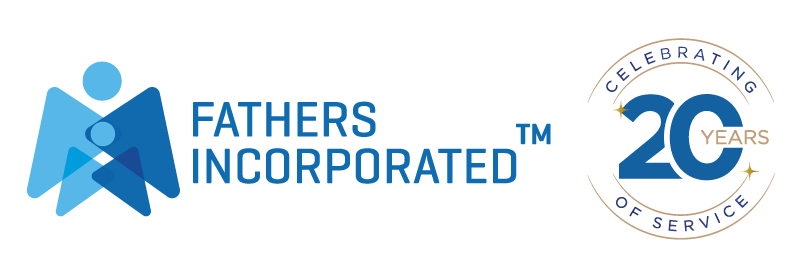The Program Agenda
Fathers Incorporated hosted a virtual Town Hall Forum to examine the definitions and social reality of fatherhood for Black Fathers.
Town Hall Speakers
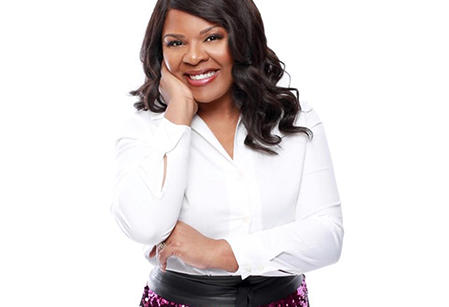
SPEAKER I:
Dr. Matisa Wilbon, Wilbon Enterprises
Poverty Impacts: Why Does Poverty Look Like Me?
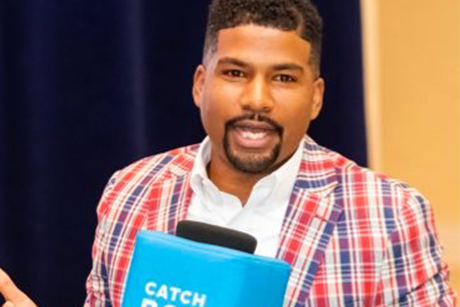
SPEAKER II:
Armon R. Perry, Ph.D., MSW, University of Louisville
Parenting and Relationships: It’s All In The Family
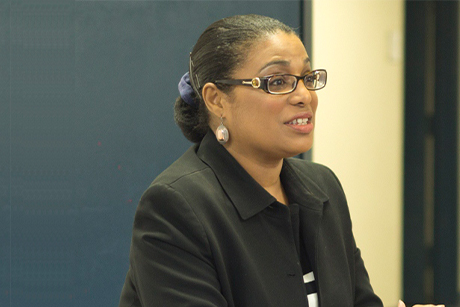
SPEAKER III:
Dr. Janice Kelly; Molloy College
Perceptions of Black Fathers in the Media
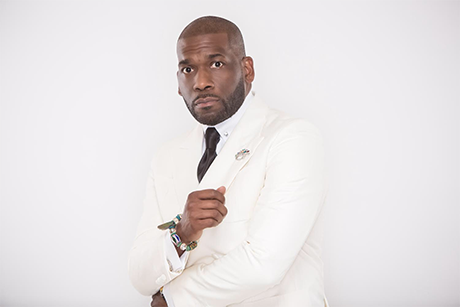
SPEAKER IV:
Pastor Jamal Bryant, New Birth Missionary Baptist Church
Faith: Where Are All The Brothers
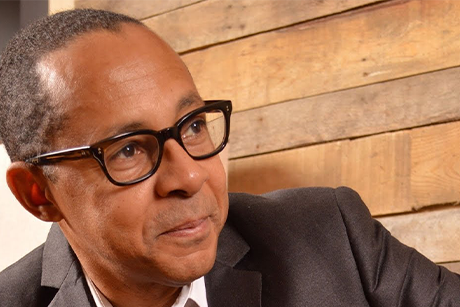
SPEAKER V: CODE BLUE
Jeffrey R. Gardere, M.Phil., M.S., D.Min., Ph.D., ABPP
The COVID Impact on Mental Health and Black Men
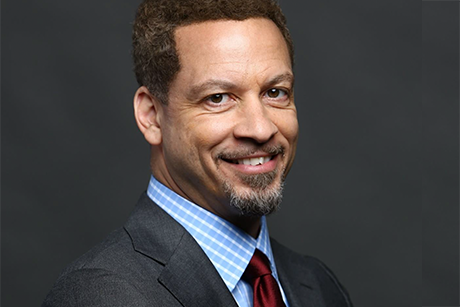
SPEAKER VI:
Chris Broussard
CEO and Founder, K.I.N.G. / ESPN Analyst
Panel Discussions

The Fatherhood Battle Against System Bias
Panel I: Systems
Research shows that supporting responsible fatherhood is critically connected to lifting Black men and their current and/or future children out of poverty, while laying a firm foundation for their success in life.
The Blueprint argues that we can reimagine the Black father by unpacking the narrow and often stereotypical images and stories bestowed on him and perpetuated by society at large while understanding the plight of Black fathers in light of structural and institutional barriers.
Moderator: Bishop Darren A. Ferguson
Panelists: Dr. Jerome Maultsby and Dr. Sydney Hankerson
CLICK BELOW FOR ADDITIONAL PANELS AND DISCUSSIONS
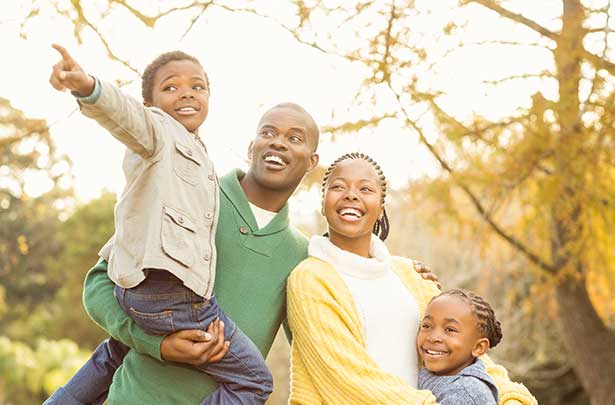
The Fight For Worth And Belonging
Panel II: Parenting and Relationships
Fatherhood has largely been defined in terms of a father’s physical proximity to his children. If the father in question is in the household, he is considered present.
If Black fathers are largely involved in the lives of their children, what are some structural barriers that may impede their involvement, particularly fathers in poor families?
Moderator: Patrick Patterson
Speakers: Pastor Roy Barrett and Brandon Frame
CLICK BELOW FOR ADDITIONAL PANELS AND DISCUSSIONS
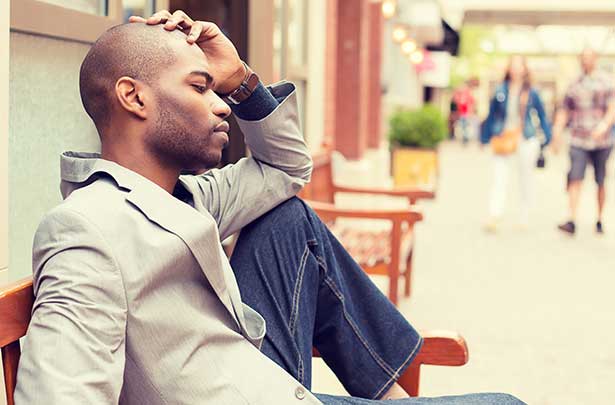
I Can’t Breathe
Panel III: Racial Injustice and Community Engagement
It is imperative that researchers and policymakers consider the importance of hope in response to stressors experienced by African American men. Racism, for example, has long been held as a stressor that has a negative impact on the mental, emotional, and physical health of people of color.
Hope, as a coping mechanism, can mitigate the impact of stressors related to everyday life, thereby reducing the impact of stress.
Moderator: Shawn Dove
Speakers: Ed Reed and Darrel Young
CLICK BELOW FOR ADDITIONAL PANELS AND DISCUSSIONS
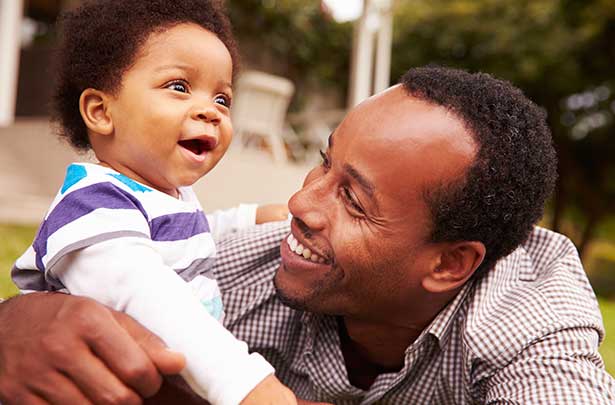
The Black Man’s Fight for Economic Opportunities
Panel IV:
Recent research suggests that Blacks have lower rates of upward mobility and higher rates of downward mobility than whites, leading to large income disparities that persist across generations.
The inability of Black families to transfer wealth and assets from one generation to another has far-reaching effects. When examining the response to the COVID-19 pandemic, for example, many Black families found themselves vulnerable and unable to maintain their households with little to no liquid assets.Moderator: Stephen Powell
Speakers: David Cozart, Dr. Gerry White and Joe Jones
CLICK BELOW FOR ADDITIONAL PANELS AND DISCUSSIONS
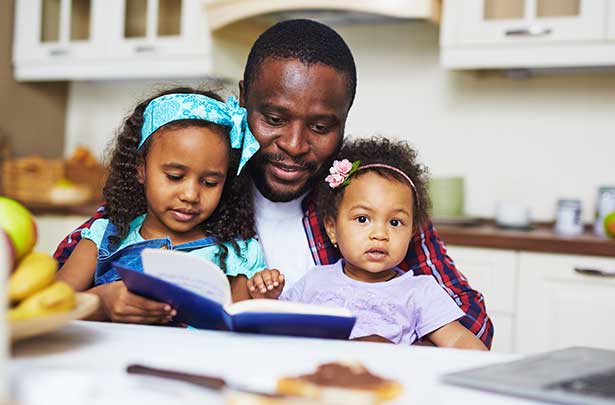
Challenges and Solutions for School Engagement of Black Fathers
Panel V: Education
Parental engagement continues to be a challenge for educational environments across the nation. However, more so for Black Fathers. While research points to the high engagement of Black fathers in the lives of their children at home; there still seems to be a disconnect in finding ways to involve dads in the routine activities of understanding and engaging dads.
How can we improve how Black dads are utilized in the educational obtainment of their children?
Moderator: David Miller
Speakers: Jason Allen and Ron Walker
CLICK BELOW FOR ADDITIONAL PANELS AND DISCUSSIONS
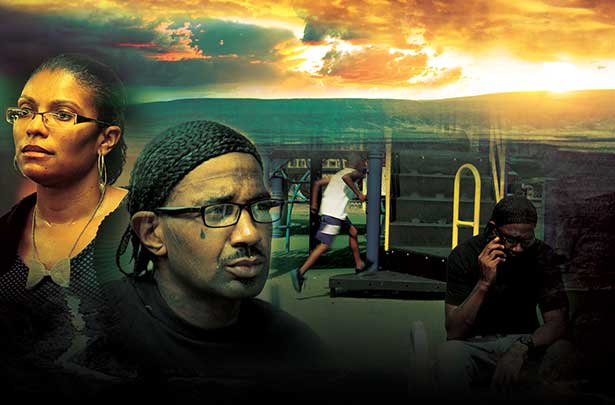
Black Fathers – The Forgotten Ones
Documentary & Panel VI:
This 20min silent film short is the depiction of the dynamics that take place between two low income non-custodial parents with children. The story takes place in Brooklyn, New York over the course of a normal day.
The film puts on display how incremental incidents and scenarios can create an unrealistic reality for two parents who live their lives in an interpersonal and psychological bubble.
Each day 41% of America’s children wake up in a single parent home. The numbers for African American children are vastly higher; in fact 66% of them are born onto out-of-wedlock households.
Moderator: Kenneth Braswell
Speakers: Griff and Kimberly Dent
CLICK BELOW FOR ADDITIONAL PANELS AND DISCUSSIONS
